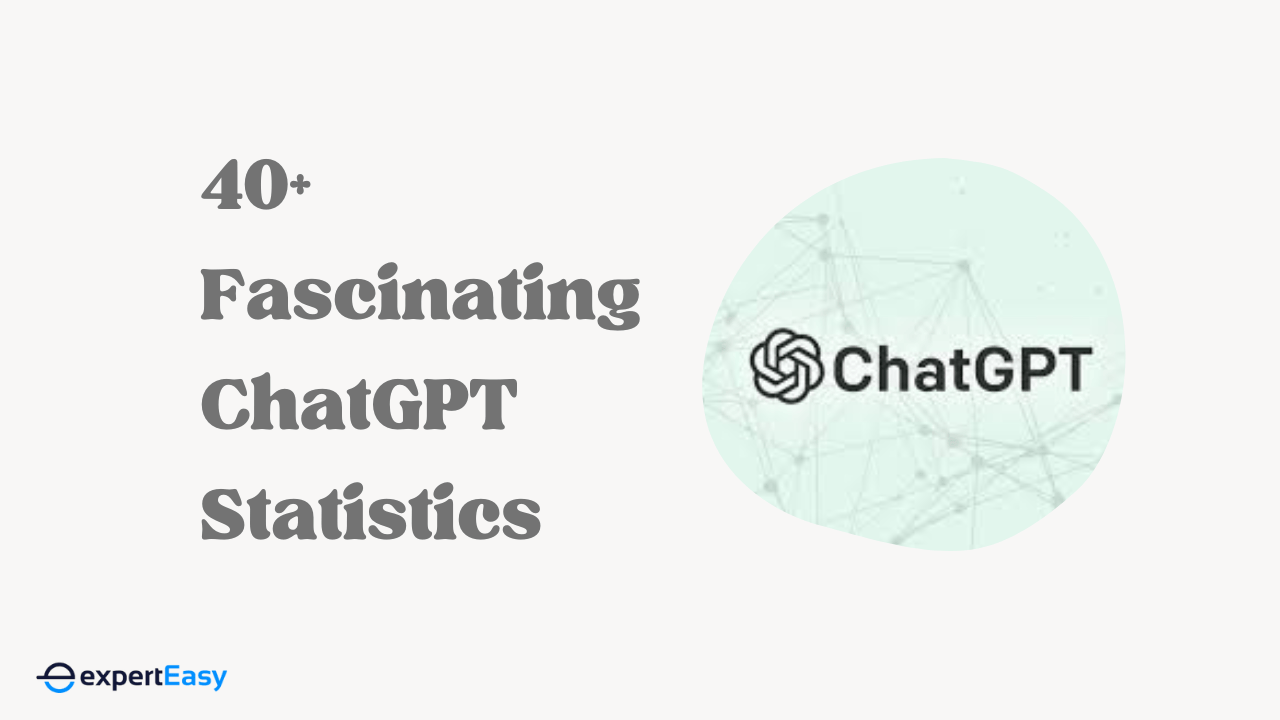Every year, millions of people buy laptops for various reasons. They use their machines to study, send and receive emails, manage small businesses and do a myriad of other things. While significant research goes into buying the right laptop, few users consider how to protect their laptops from hackers or viruses. Keep reading to learn how to keep your laptop safe.
Be Aware
It is important to recognize the threats posed by hackers to your laptop. If you conduct online payments from your device, you should keep it safe from hackers, or else you might lose all your hard-earned money. Parents should also secure their laptops from data thieves. There are cyber-criminals on the prowl, and they can steal your child's photos and sell them to others. You should protect your company data from hackers by using the latest technologies. In short, everybody needs laptop security.
Two-Factor Authentication
Many websites use two-factor authentication for added security and you can set this up on your laptop as well. Here, the user has to input another data, number, etc. to verify his or her identity. This process makes the attackers' goal more difficult and your data more secure.
With two-factor authentication, first, you enter a password to log in. This password should be secure and not easy things for potential hackers to guess. Second, you'll receive a unique code either to your mobile number or your email before you are granted access.
Don't Save Passwords
If you want to save your precious data, then don't save your passwords to your device. There is an important reason why you should never store your passwords on your Windows or Apple device.
Every time you log in to your device, you are automatically connected to millions of other users in the whole world. This connection takes place through your private connection or a public network. In most cases, public networks are unsecured, and hackers use these to steal your passwords.
If you find it difficult to memorize your passwords, you can store them in extremely secure password managers, such as LastPass.
Only Purchase from Vendors that use Safe Payment Methods.
While making online payments is easy and quick, you should trust only those vendors who offer secure payment gateways.
The best payment providers use encryption to secure payments. Encryption converts words and numbers into complex and unreadable characters. Since hackers can't read encrypted data, your online payments are safe. Many online vendors like use military-grade encryption in order to securely accept payment information.
Additionally, most websites now use TLS encryption (commonly still known as SSL) technology to secure online payments. With this technology websites move data from one place to another under a virtual tunnel. Generally, internet users trust those websites which have TLS certificates.
Identify Dangerous Emails
You should also protect your laptop by looking out for dangerous emails. If you aren't careful, these emails can not only damage your laptop but also steal the data inside.
There are 3 kinds of harmful emails. These are:
Phishing attacks
In 2015, businesses reported more than 9000 phishing attacks and 916 breaches of data. In phishing, hackers acquire your identity and steal your data. There are several kinds of phishing attacks- pharming, deceptive, and spear.
Virus
A virus attack can damage your laptop, steal your data or simply shut down your organization. You can secure your device from virus attacks by installing anti-virus software.
Ransomware attacks
This is a very serious virtual attack and can drain you of your financial resources. In this attack, the hacker invades your computer system and takes control of it. As a victim of a ransomware attack, you have simply no control over your laptop. To regain control, you would have to pay a huge sum of money to the attacker.
Conclusion
If you are a laptop owner, you should protect your device against hackers and cyber-criminals. There are various ways of securing your laptop. With two-factor authentication, you can keep hackers away from your computer. Don't save passwords on your device; store them on secure websites, such as LastPass. Always pay money on sites using trusted payment gateways. Install good anti-virus software and stop phishing, virus, and ransomware attacks. You should also use private internet networks for data security.







